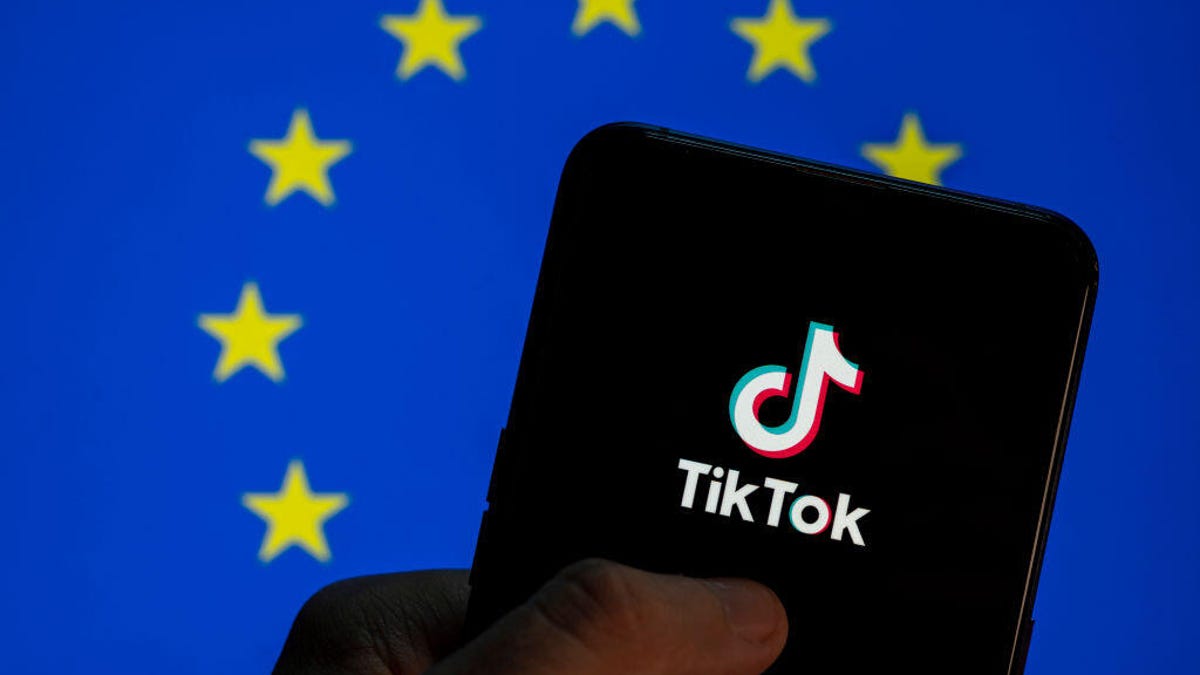TikTok Cracks Down on 'Get Rich Quick' Schemes and Undisclosed Ads, In Line With EU Rules
After complaints that TikTok was breaching EU consumer rules, the company has worked with the European Commission to update its branded-content policy.

TikTok agreed to fall in line with EU rules.
TikTok has agreed to make changes to its branded-content policy, after a consumer rights organization raised the alarm that the social media platform was failing to protect children from hidden advertising and inappropriate content.
In an announcement Tuesday, the European Commission said that, following consultation with TikTok, the company had committed to align its practices with EU rules. TikTok has made a number of changes to its branded-content policy, including allowing users to report undisclosed branded content and flag ads that could trick children into buying things.
The updated policy also prohibits the promotion of "inappropriate products and services," such as alcohol, cigarettes and "get rich quick" schemes. Paid ads will be identified with a new label, and users will be prompted to switch on a toggle when publishing content captioned with brand-related keywords such as #ad or #sponsored. Users with more than 10,000 followers will have their videos reviewed against TikTok's guidelines.
The changes arose from a complaint made by the European Consumer Organisation (BEUC), which identified that TikTok was in breach of EU rules. Together with consumer authorities from around Europe, the commission worked with TikTok to address the problematic practices and ensure the company's policies addressed the concerns raised by the BEUC.
"We welcome TikTok's commitment for more transparency in the way it operates its business activity," European Commissioner for Justice Didier Reynders said in a statement. "Thanks to our dialogue, consumers will be able to spot all kinds of advertisement that they are exposed to when using this platform." He added that the commission would continue to monitor the situation, paying particular attention to the effects on young users.
"Over the last year, we have appreciated being able to work collaboratively with the European Commission and national consumer protection authorities to review and make changes to a number of our policies and features," a TikTok spokesperson said in a statement. "We will continue to look for how we can improve in order to provide the best possible TikTok experience for our community."

